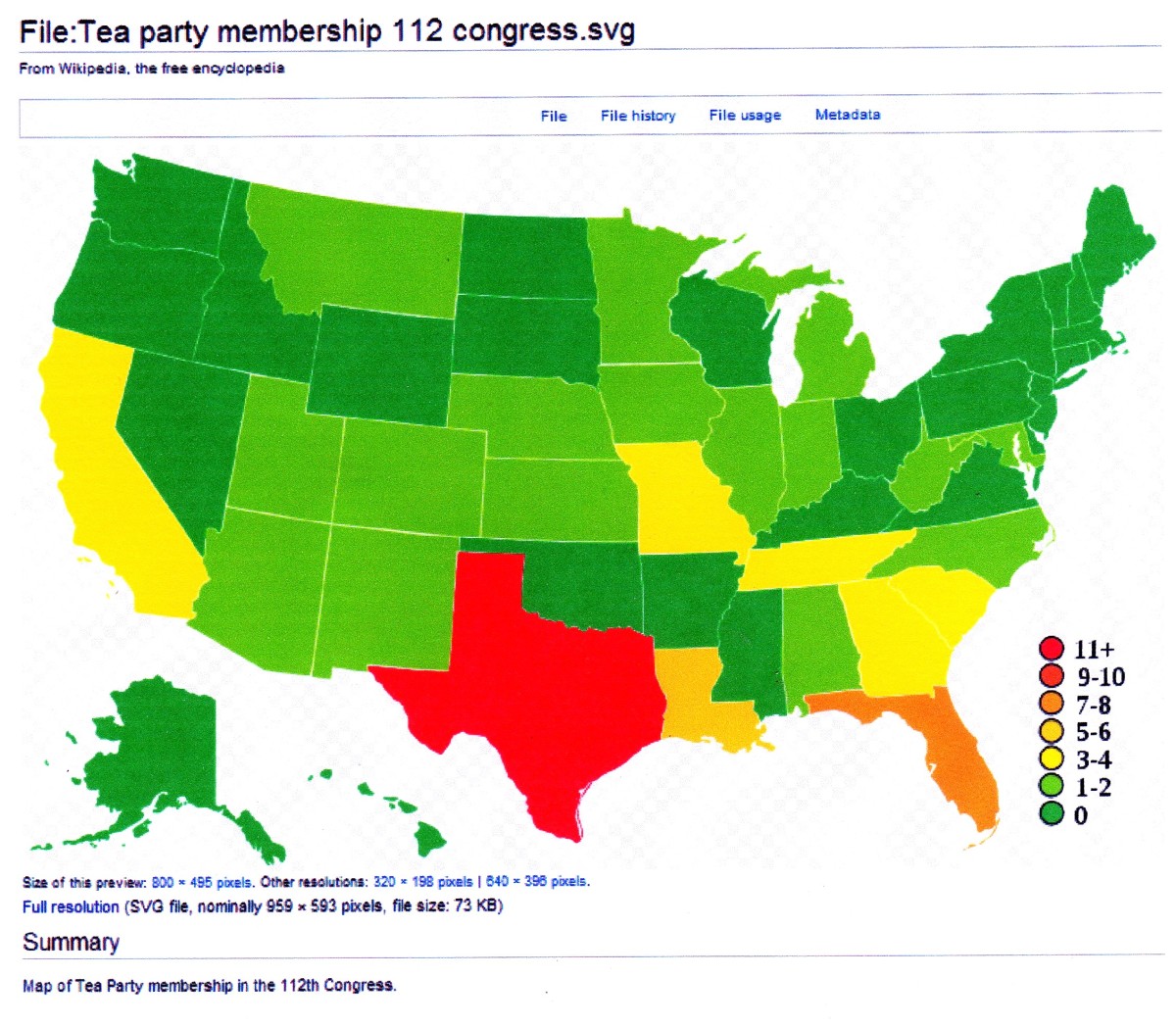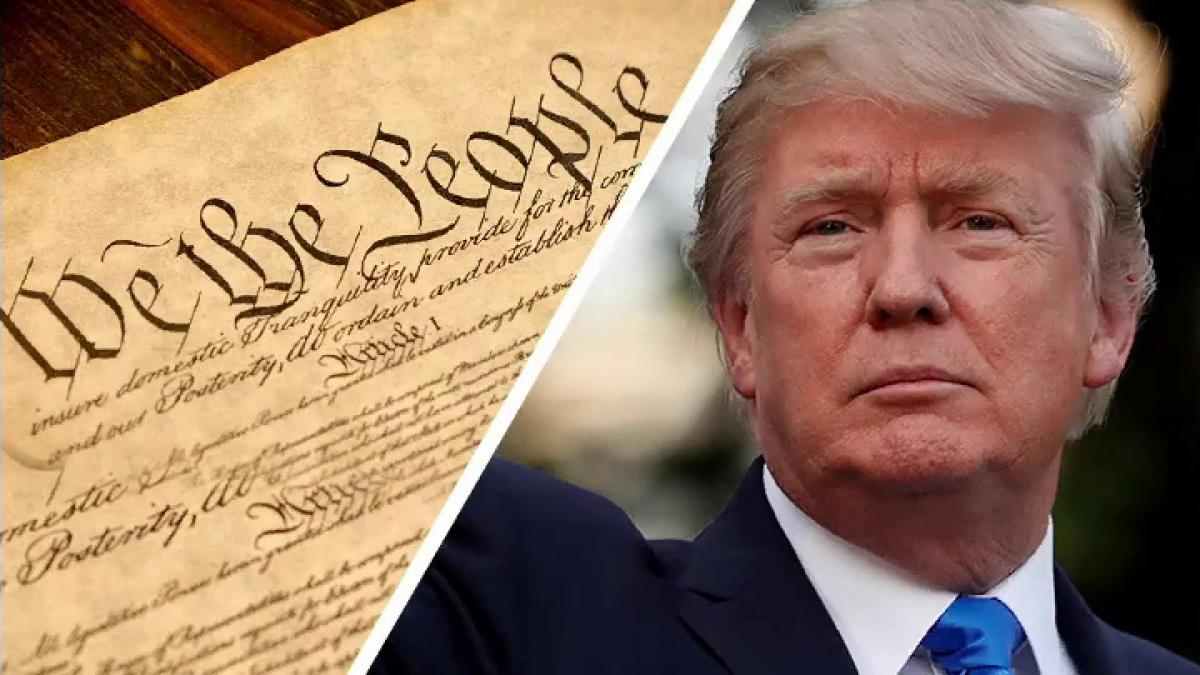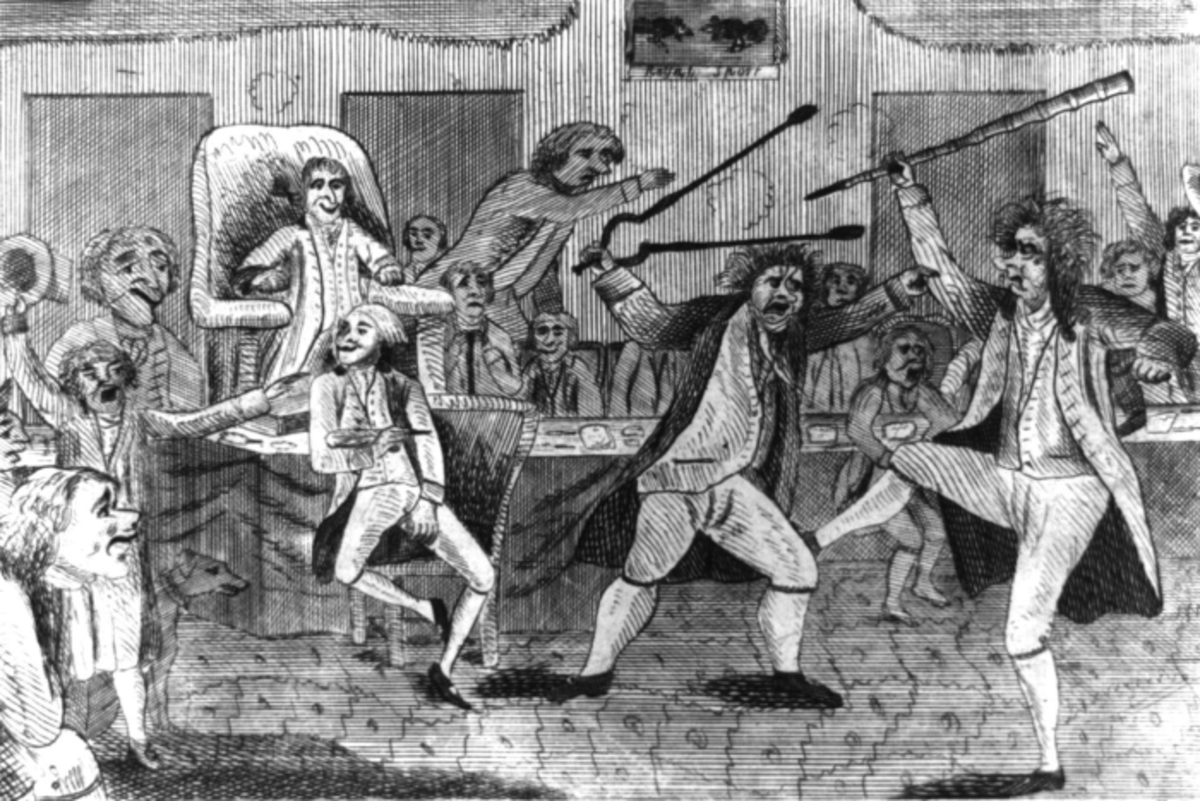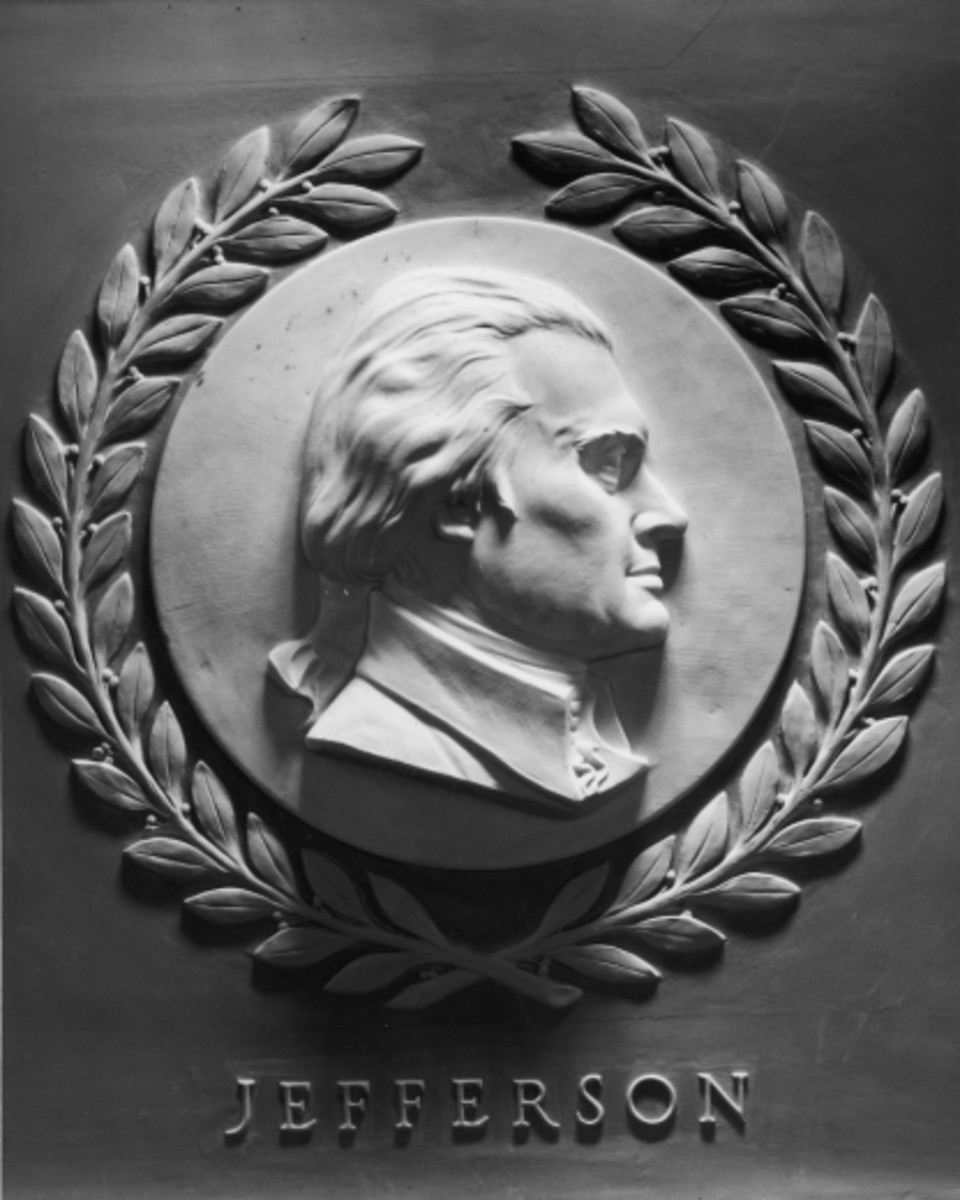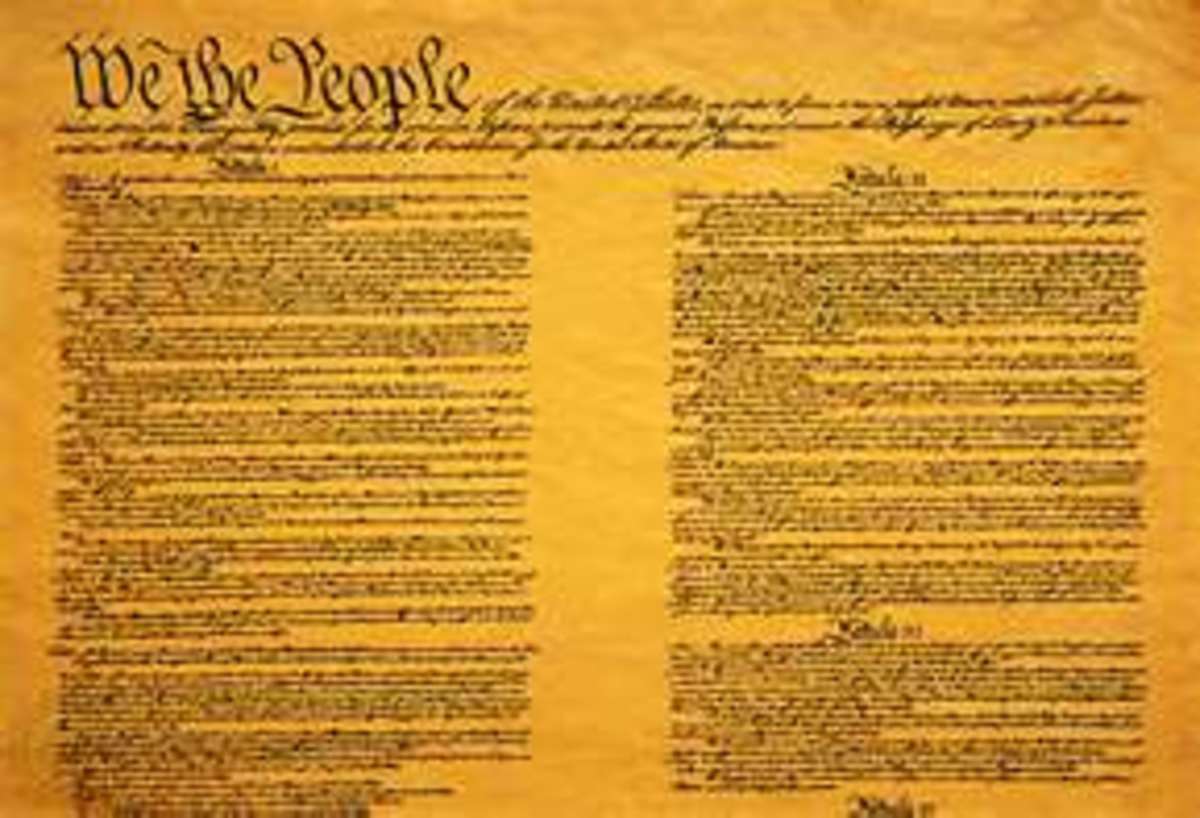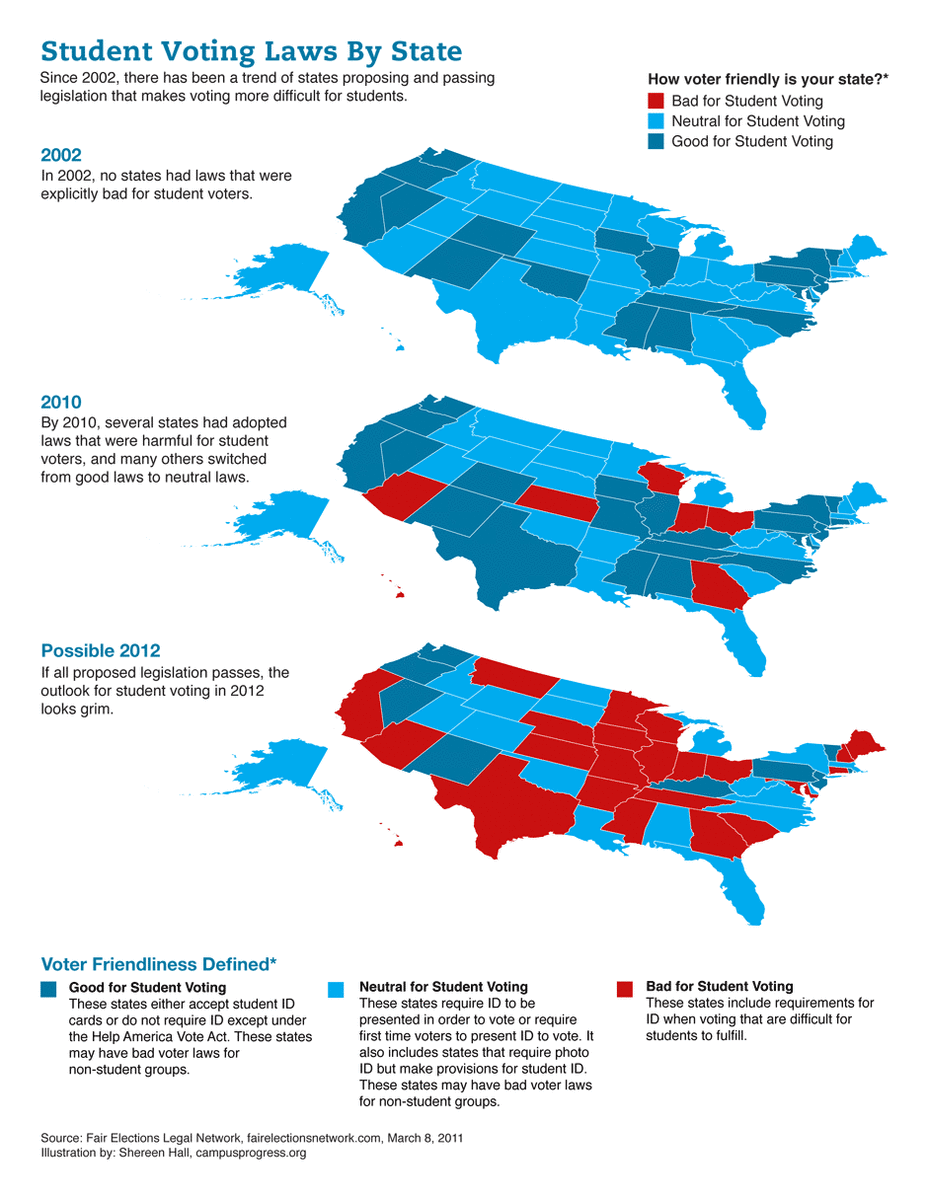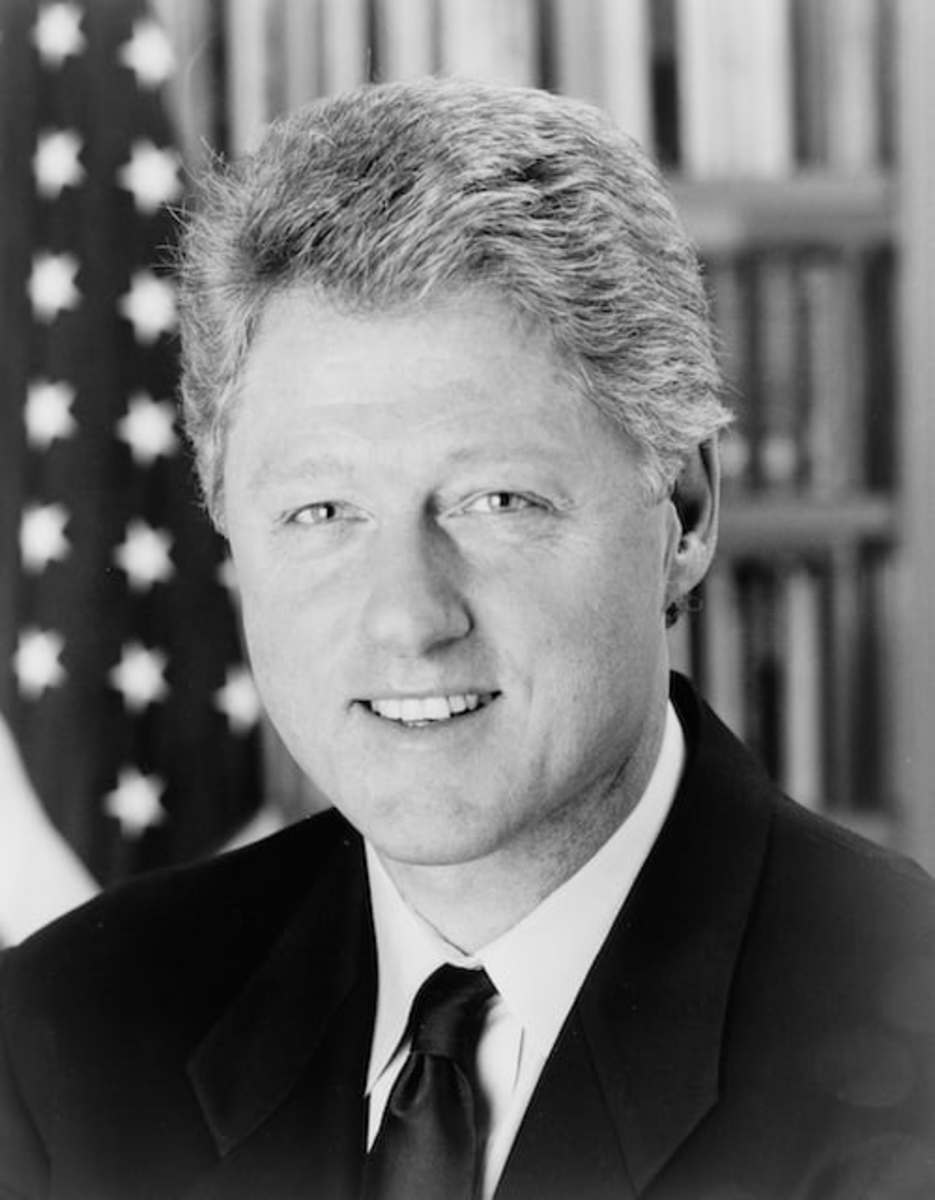Death of the Filibuster
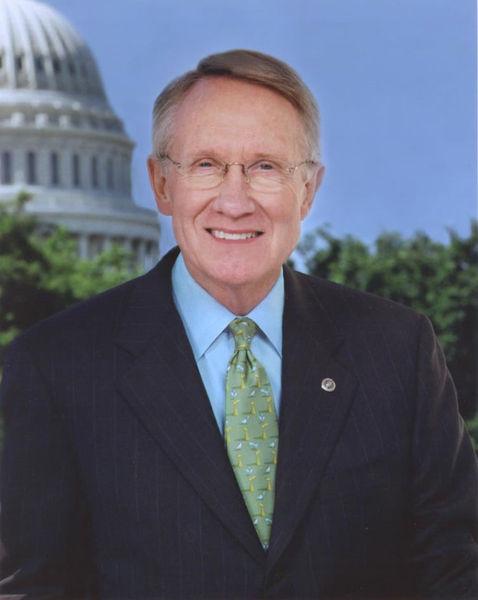
By way of procedural motion, and a simple majority vote, Senate Majority Leader Harry Reid ushered in the undoing of the filibuster.
And good riddance.
With Senate Minority Leader Mitch McConnell's foreboding of certain and impending Democratic regret, and with conservative members of congress bemoaning a tyrannical and dictatorial power-grab, no wonder this rules change is known as the nuclear option. Aka the McConnell option, aka the Constitutional option.
Description depends upon perspective, it would seem. For instance, circa 2005, proverbial shoes were on the other proverbial feet. Everyone from Obama and Reid to McConnell and McCain held positions and made statements to the contrary of their current positions and statements.
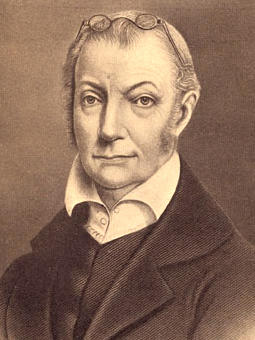
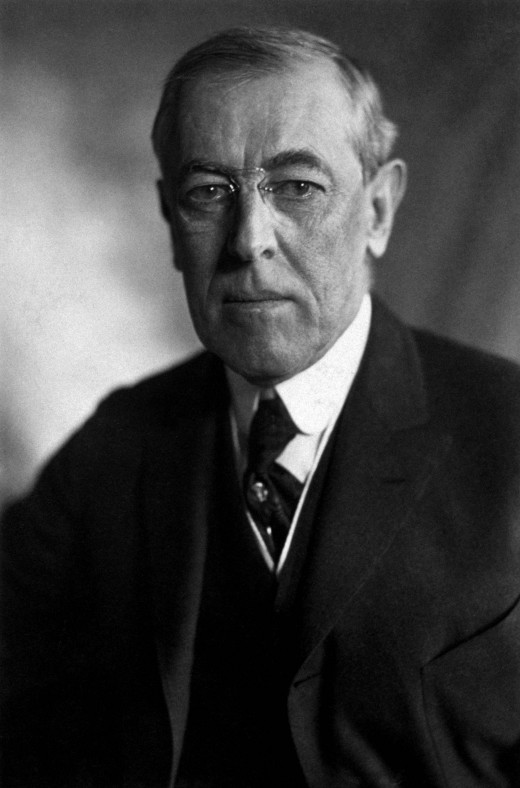
See how that works? Hypocrites, the lot of 'em.
The filibuster is but a procedural motion intended by very definition to delay and obstruct, and which does not appear anywhere in the United States Constitution.
The Constitution does however identify specific instances in which a super-majority is required (presidential impeachment conviction, constitutional amendment passage, treaty ratification...), not required are appointments, nor is passage of legislation or rule changes in general.
The Senate filibuster was created accidentally in 1805, when Aaron Burr noticed a redundancy in the senate rules following his ordeal with Alexander Hamilton the previous year.
The first senate filibuster wasn't realized until 1837, whence parsed by lawyers what had been done incidentally.
The House of Representatives also utilized a filibuster - which could be broken by tossing a spittoon onto the floor, thereby ending debate - but the House kicked the habit in 1842.
A cloture motion allowing the senate filibuster to be broken by a super-majority vote to proceed, was adopted in 1917 under Woodrow Wilson.
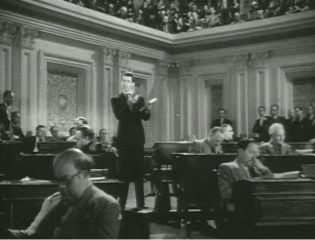
Most people's reference to the filibuster begins and ends with the 1939 film, Mr. Smith Goes to Washington. In the film, our hero stands and passionately professes his pleas of corruption in the body on the floor of the Senate to the point of collapse. Not 20 years later, Senator Strom Thurmond set the record by filibustering civil rights legislation for over 24 hours.
In 1975 the vote-requirement for cloture was lowered from 2/3rds (67) to 3/5ths (60). Unfortunately, the procedural filibuster was created, thereby casting the talking filibuster into obsolescence. No longer would Senators be required to stand and explain their case to the nation. Suddenly a filibuster need be but threatened and not physically carried out. The threat of filibuster need only be made in dark rooms, or in late night phone calls and (later) e-mails.
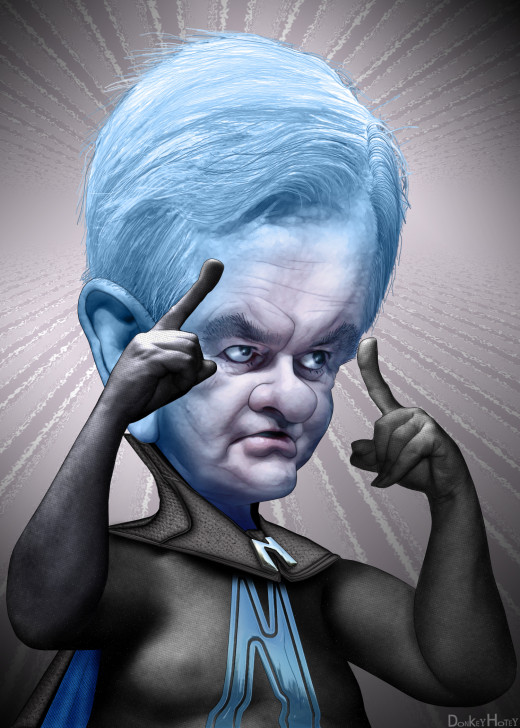
The filibuster was never invoked as many as ten times by any given congress until the Carter administration only a few short years later. President Carter was also the first executive to have his judicial nominees filibustered, with two. In the twelve years following with Reagan and Bush, there were two more instances.
Influenced by the spike in partisan politics led by House Speaker Newt Gingrich, Clinton had nine nominees blocked, more than doubling the previous total of the entire history of our nation. Democrats responded by filibustering of seven of Bush 43's judicial nominees, and filibusters overall rose above 60 by a given Congress (the 107th) for the first time. However, since Harry Reid's Majority Leadership began with the 110th Congress, 130+ filibusters are now commonplace.
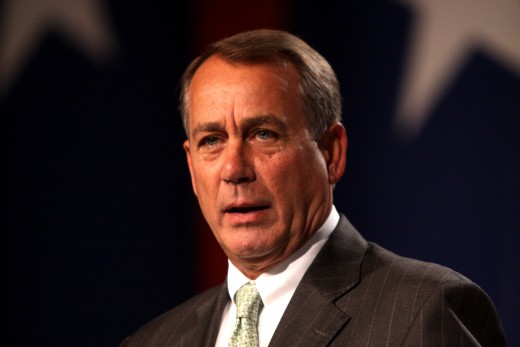
In fact, House Speaker John Boehner recently made the assertion that he should be judged, not by how many laws are passed, but how many are repealed. They've effectively turned the defensive minority position into an offensive strategy of obstruction by all means necessary.
Republicans have blocked heads to the National Labor Relations Board, Federal Housing Authority, Consumer Financial Protection Bureau, ATF...simply because they oppose the agencies themselves and having nothing at all to do with the qualifications of the nominees themselves, effectively nullifying existing federal law via filibuster.
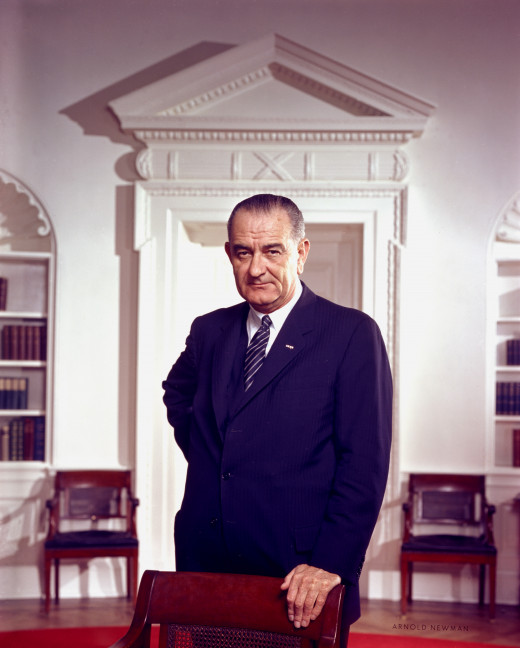
In Lyndon Johnson's six years as Senate Majority Leader, he faced but a single filibuster, and only two more in his three years as presiding officer (VP).
Current Senate Majority Leader Harry Reid has faced over 400 filibusters since 2007. Suddenly, a 60-vote super-majority is required for pretty much everything. Majority rule has gone the way of the dodo. Consequently, the past Congress' have set lower and lower bars for futility, passing fewer and fewer pieces of legislation than ever before.
Twenty-seven of President Obama's judicial nominees have been blocked, more than those of all previous presidents combined. Of overall presidential nominees ever blocked in the history of our nation, more than half have happened in the five years of Obama's presidency. His court appointment have languished over 60% longer than those of Dubya, with his district court appointments taking three times as long before confirmation. As result, there are currently 90 federal judiciary seats vacant.
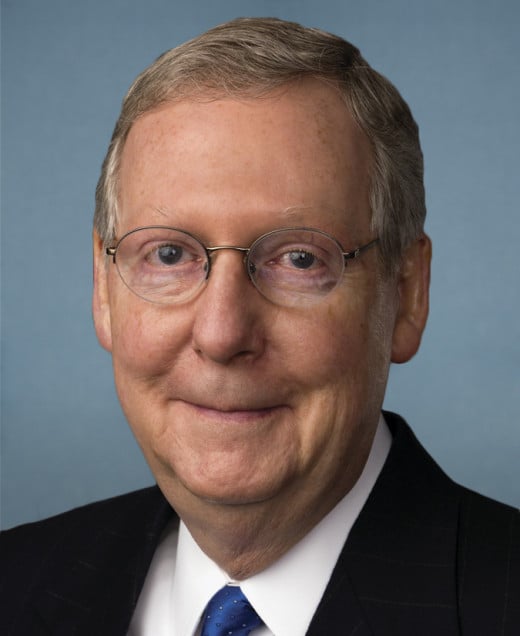
When the 113th Congress began in January 2013, Democrats were set to make the rules change which would require only a simple-majority to confirm appointments (excluding supreme court seats). Senate Minority Leader Mitch McConnell made a hand-shake agreement no longer to block said appointments in exchange for keeping the senate rules in tact.
Yet here we are with nary a mere a calendar year past, and the GOP have not only reneged on their word by blocking three more appointments, they are threatening to block all future appointments on the grounds of court-packing (or Benghazi, or Obamacare, or whatever excuse pulled from their collective posterior...). Which is certainly odd, given that court-packing is an actual term with an actual meaning, and filling existing court vacancies does not fall under the definition of court-packing in any way, shape, or form. Attempting to maintain an advantage by disallowing future appointments certainly is akin to court-packing. Projection. Funny that.


Funnier still that McConnell made no overtures this time around, made no attempt whatsoever to make a deal. And why might that be? Does he realize that he no longer has anything left with which to deal, having gone against his word time and time again? Perhaps he is comforted in knowing that (at least five members of) his caucus will no longer have to feign the appearance of cooperation when Obama's appointments are inevitably confirmed, thereby reducing the appearance of cooperation that would fuel right-flank primary challengers. Challengers (such as Akin, Mourdock, O'Donnell, et al) who would then likely fall to democrats in the general election, thus reducing McConnell's chance of regaining the majority? Perhaps he is supremely confident that his party will rise to power in 2014, and he's looking forward to taking advantage of the new rules?
With the precedent set, and a mind for retribution, will McConnell not jump at the chance to eliminate the filibuster altogether and push through a (corporatist) conservative agenda?
No matter. When the American people vote in a president and congress, we are voting for their agenda to be put into place. And should we disapprove of the effects of their agenda once realized? We vote the bums out of office. That's our job as citizens. To vote. Theirs is to legislate, not to simply obstruct for obstruction's sake.

